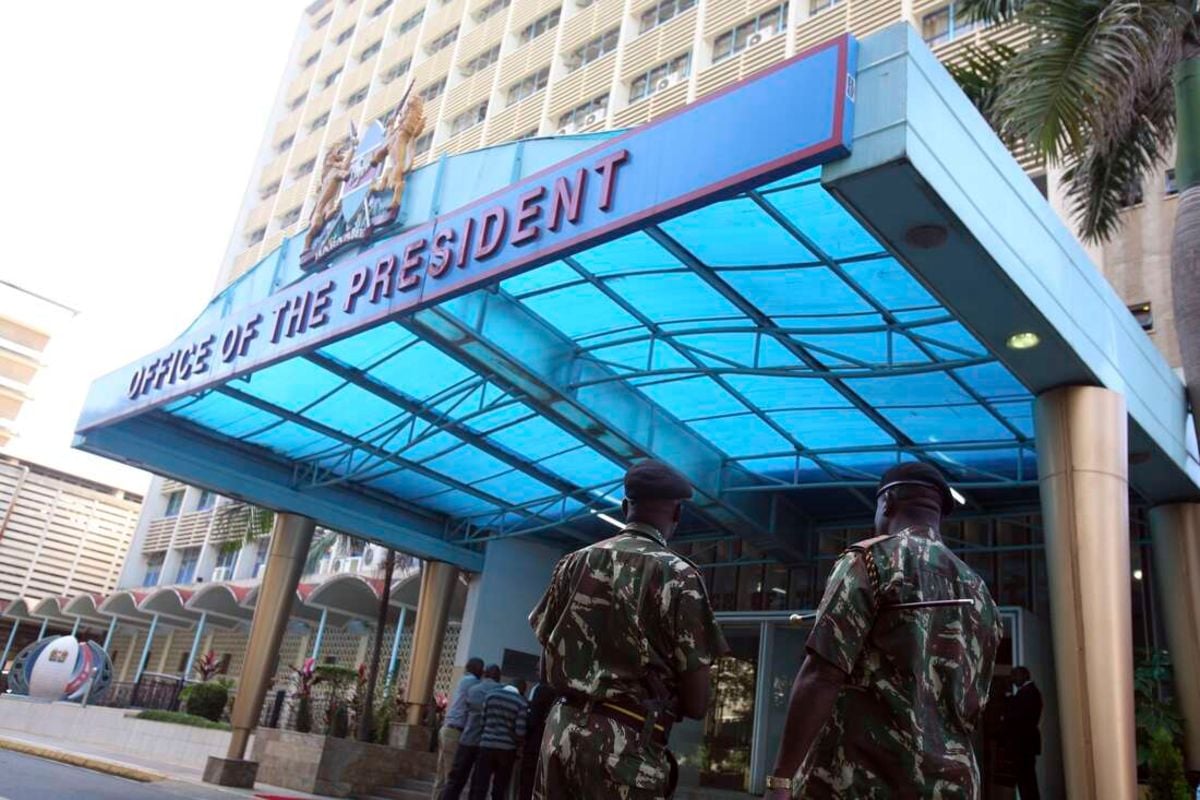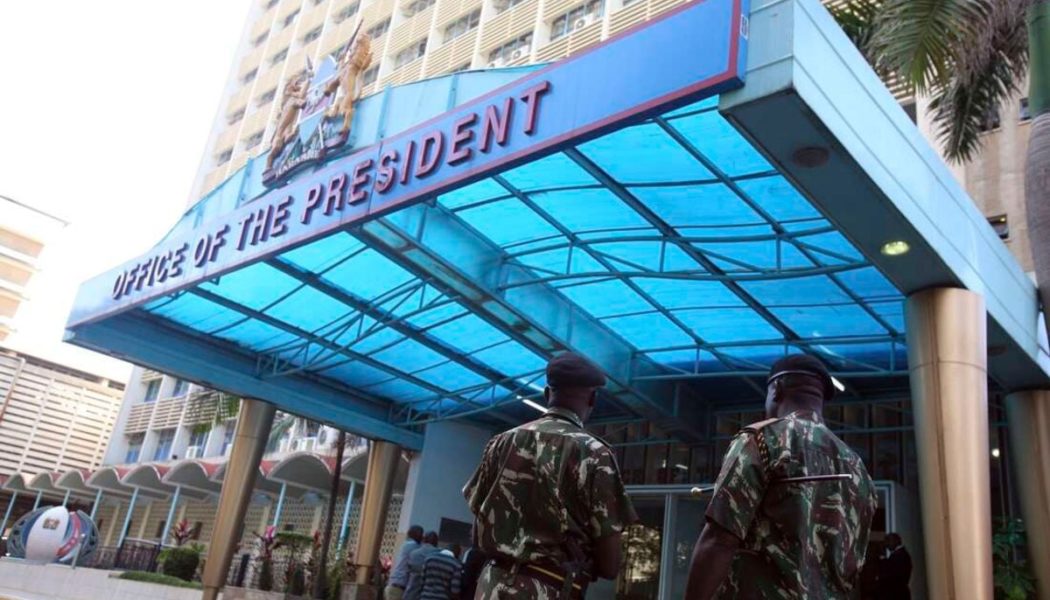
The cost of running public offices under the national government increased nearly Sh12 billion in the first quarter of the current financial year despite austerity measures announced following the collapse of a plan for higher and new taxes.
State ministries, departments, and agencies spent Sh280.09 billion on salaries and wages, administration, operation, and maintenance of offices between July and September, the latest data from the National Treasury shows.
The release of funds towards recurrent needs — excluding debt repayments and pension disbursements — represents a 4.47 percent growth over Sh268.10 billion in a similar period a year ago.
The modest rise in the expenditure came after President William Ruto’s administration was forced to cut expenditure after the fall of Finance Bill 2024 left a Sh344.3 billion hole in the budget.
“To ensure seamless implementation of the financial year 2024/25 budget and safeguard the fiscal consolidation plan, the National Treasury embarked on expenditure rationalisation through the Supplementary Estimates No. I,” the Treasury wrote in the 2024 Budget Outlook and Review Paper in September.
“In order to improve efficiency in public spending, the government will implement austerity measures aimed at reducing recurrent expenditure.”
The Treasury struggled to find areas within the recurrent votes to cut expenditures in the mini-budget approved by lawmakers in early August.
Budget documents show the National Assembly slashed recurrent expenditure for this fiscal year by Sh40.51 billion to Sh1.31 trillion — which represents a Sh52.12 billion cut from Sh1.36 trillion in the prior year.
The austerities largely targeted non-essential expenditures such as printing, advertising, travel, communication supplies and services, training, hospitality, furniture, refurbishment, and vehicle purchase as well as research and feasibility studies for public offices.
However, the fiscal consolidation plan suffered a blow earlier in the year when teachers— who form the bulk of public service workers — resisted a move to defer a pay raise agreed on earlier, and they were joined by lecturers and non-teaching staff for public universities.
Treasury data shows the recurrent budget for the National Police Service went up 12.15 percent year-on-year to Sh27.17 billion in the review quarter, while the Teachers Service Commission’s increased 8.36 percent to Sh81.88 billion.
Expenditure for State House, which last fiscal year exceeded the initial budget by Sh3.65 billion on heavy renovation and refurbishment, posted a 14.03 percent drop in recurrent expenditure in the first quarter to Sh1.65 billion.
This came on the back of the removal of budgets for refurbishments and partitioning of government offices, purchase of new vehicles except for security agencies, and halving of renovation expenditure after the tax bill was withdrawn.
However, the Executive Office of the President, based at Harambee House, spent Sh187.95 million, or 49.28 percent more in the review period to Sh569.37 million.
The recurrent budget for the State Department for Defence also bumped 28.92 percent to Sh36.27 billion in the three-month period.
The growth in the budget for the day-to-day running of the national government entities—against an average 4.1 percent inflation in the review period — contrasts a 2.9 percent, or Sh8.01 billion, year-on-year fall to Sh268 billion in a similar period last year.
That is a signal that Dr Ruto, who had pledged to tame the rise in recurrent costs and expenses when he took power in September 2022, appears to have struggled to keep a tight lid on the expenses even after a relatively good start during his first year in office.
“The Kenyan government [under Dr Ruto] had initially made good progress in tackling the poor public finances. There have been signs of fiscal slippage recently, though, as spending has increased and revenues have underperformed,” Jason Tuvey, deputy chief emerging markets economist at UK-based Capital Economics, wrote in a recent note on Kenya.
“That spurred the government, in the 2024/25 Budget, to outline a raft of tax increases in a bid to get its fiscal consolidation plans back on track.”









